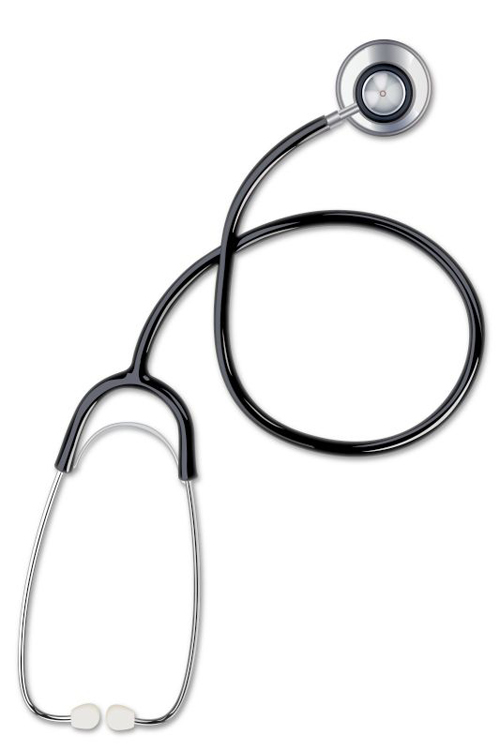 When it comes to non-emergency medical services, the physicians at Arlington Primary Care provide Arlington urgent care services for all walk-in patients. There are times when your family physician may not be immediately available to treat you or your family when you need urgent care and that is where we can help. Our Arlington urgent care services will provide compassionate and rapid outpatient treatment when you need it most.
When it comes to non-emergency medical services, the physicians at Arlington Primary Care provide Arlington urgent care services for all walk-in patients. There are times when your family physician may not be immediately available to treat you or your family when you need urgent care and that is where we can help. Our Arlington urgent care services will provide compassionate and rapid outpatient treatment when you need it most.
Arlington urgent care services do not replace your current primary care physician but rather compliment their services when they are not available. Our services treat acute illnesses and injuries such as:
- Minor to moderate burns
- Non-life threatening cuts and lacerations that require stitches
- Non-life threatening bone fractures (fingers, toes, etc.)
- Sprains and strains
- Moderate back pains and problems
- Fever
- Eye irritation non-emergency foreign object removal
- Mild to moderate asthma treatment
- Heat exhaustion
- Sore throat and cough
- Urinary tract infections
- Migraine headaches
- Rashes and infections
- Vomiting and diarrhea
Arlington Urgent Cares Services For Walk-In Patients
 We do not require appointments for our Arlington urgent care services. When you come into our office during normal business hours, our receptionist will provide you with the necessary registration and patient intake forms (also available HERE) and request your insurance information. Once checked in, we will take your vitals and one of our primary care physicians will begin necessary treatment. If referrals for specialists are needed, we can get you set up with one of our preferred specialists or the specialist of your choice.
We do not require appointments for our Arlington urgent care services. When you come into our office during normal business hours, our receptionist will provide you with the necessary registration and patient intake forms (also available HERE) and request your insurance information. Once checked in, we will take your vitals and one of our primary care physicians will begin necessary treatment. If referrals for specialists are needed, we can get you set up with one of our preferred specialists or the specialist of your choice.
Sometimes it may be necessary to be admitted to the emergency room of the nearest hospital or medical center depending if your condition is deemed life-threatening. If you or a family member is experiencing any of the following conditions, call 911 immediately:
- Severe chest pain
- Difficulty breathing
- Compound fracture (when bone protrudes through the skin)
- Seizures
- Loss of consciousness
- Newborn fever (under 3 months of age)
- Heavy and uncontrollable bleeding
- Severe abdominal pain
- Serious head, neck, or back injury
- Knife (stab) wound
- Gunshot wound
- Signs of heart attack
- Signs of stroke
If you are in doubt as to whether or not your injury or illness is life-threatening, it is best to call 911 or go to the nearest emergency room for evaluation or treatment. Sometimes, even serious conditions may only present mild to moderate symptoms.